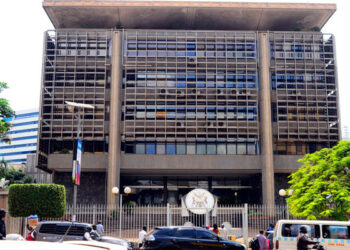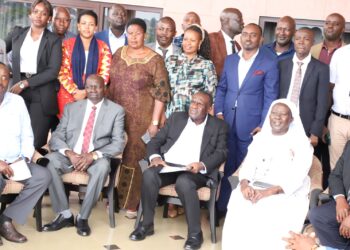
Parliament on Wednesday passed the Genetic Engineering Regulatory Bill, 2018. The bill, which seeks to provide a regulatory framework for safe development and application of biotechnology and release of Genetically Modified Organisms-GMOs was formerly known as the National Biotechnology and Bio-safety Bill.
President Museveni declined to assent to the bill in October 2007, sending it back to Parliament for review. Then, the President wanted clarity on the ‘title, patent rights of indigenous farmers and sanctions for scientists who mix Genetically Modified Organisms (GMOs) with indigenous crops and animals’.
He also demanded that parliament clarifies on other aspects of genetic engineering such as setting the boundary of the technology to crops and animals with no crossover to human beings, labeling of GMOs, and the proposal to have genetically modified materials in the irrigated areas of Mobuku.

The new proposed amendments proposed and adopted by Parliament include renaming the bill to ‘The Genetic Engineering Regulatory Bill, 2018’, according to Fred Bwino, the Chairperson of the Science, Technology and Innovation Committee of Parliament.
Bwino said the the initial Bill had shortfalls.
The new Bill also makes the owner of any patent legally responsible for any effects that might result from his creation.
It also provides for containment of confined field trials in green houses to guarantee separation of indigenous seeds from Genetically Modified Seeds. Human cloning is specifically excluded following fears by the President that “adders” may start cloning humans.
Do you have a story in your community or an opinion to share with us: Email us at editorial@watchdoguganda.com











